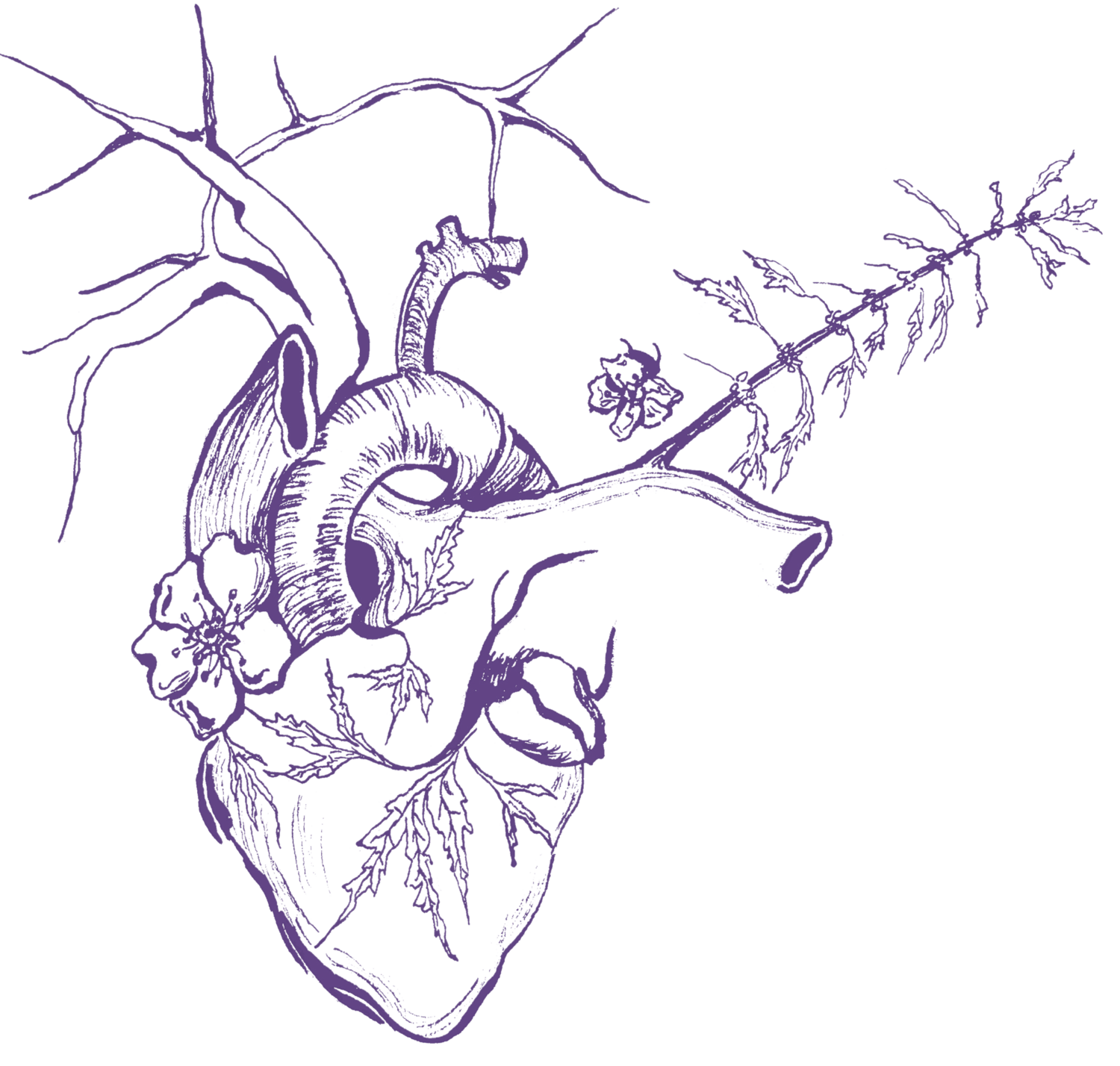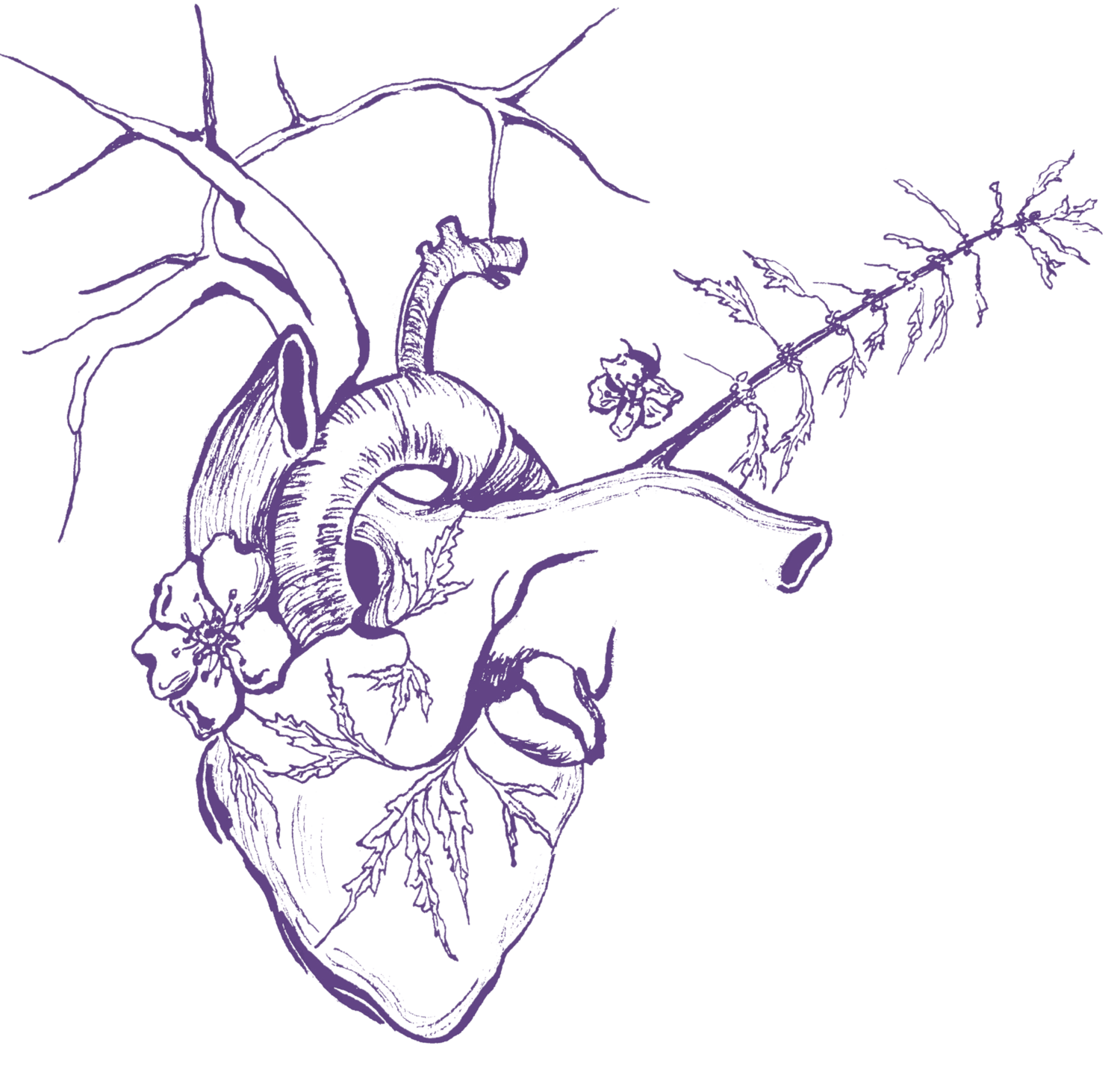
What is Herbalism?
Herbalism, or herbal medicine, is a varied and diverse healing modality that uses whole plants to support wellbeing. Herbal medicine aims to get to the root cause of imbalance, rather than simply focusing on symptom relief. It takes into account all aspects of ourselves – mind, body, spirit – offering deep, integrative, and holistic healing.
Our relationship with plants is ancient–we evolved together. Plants can play a role in shifting both acute and chronic conditions, supporting us wherever we find ourselves in our healing journeys. They support us physiologically, interacting with body systems via complex chemistry, as well as providing deep nourishment and nutrition.
Plants also support us emotionally and spiritually, inviting us into greater connection with the natural world. Our body’s innate capacity to heal is reflected in the resilience of nature. As we observe patterns in nature, we start to see them mirrored in the body, a powerful reminder of our place in the larger ecosystems that sustain us.
Herbal medicine is the peoples’ medicine. We’re up against many systemic and intersecting challenges that form barriers to healing, from systemic oppression, to personal and collective trauma, to the environmental crises that form a backdrop to our time. As an accessible form of care, herbalism is a powerful tool for community empowerment. Herbalism gives us greater agency and sovereignty over our healthcare.
Herbalism connects us to place and to our bodies. When we collectively deepen our connection to our bodies and to the plants that support us, we foster both individual and community resilience.


